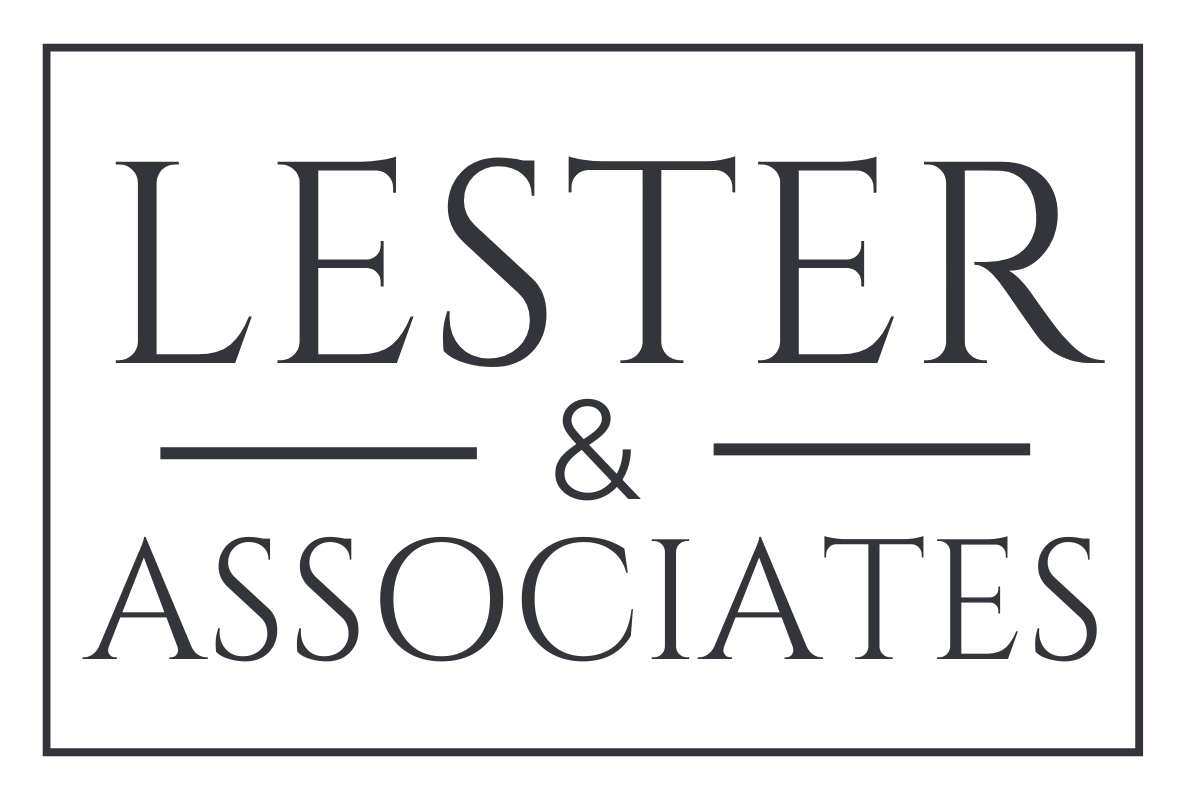ACI Brands v. Aviva: 2015: When Can An Employee Be Sued Personally
ACI Brands v. Aviva Insurance et al (2014) 122 O.R. (3d) 796
A recent case of the Ontario Superior Court discusses the issues that arise when employees of a company are sued personally in respect of negligence allegedly carried out in the course of their employment. It is trite law to say that an employer will be vicariously liable or legally responsible for the negligent actions of its employees, where those negligent actions are carried out in the normal course of employment. However, the question often arises as to when an employee may be personally liable for actions carried out in the course of his or her employment. It is not unusual for plaintiffs to add individual employees as party defendants in order to put additional pressure on the defendants.
In the case of ACI Brands v. Aviva Insurance Company, the plaintiff brought an action against the of insurance company, an insurance brokerage firm and an individual broker, for damages in respect. negligence, breach of fiduciary duty, misrepresentation and breach of contract. Essentially, the plaintiff claimed that the defendants had failed to provide them with adequate insurance coverage. The broker Smith brought a motion to strike out the pleading as against him. In the statement of claim at issue, virtually all of the allegations were leveled against “the broker [company] and/or Smith”. The allegations were undifferentiated and there were no particular acts of Smith that was said to be the acts that breached the duty or fell below the requisite duty of care.
The judge then reviewed the applicable law. In London Drugs v. Kuehne & Naglo‘, the Supreme Court. of Canada said that while an employee is not protected from liability by virtue of his/her employment status, “it is not enough that the employee has made a mistake acting within the scope of his employment – personal liability of the employee requires actions of the employee that are themselves tortious.” The Ontario Court of Appeal said in ScotiaMcLeod Inc. v. People’s Jewellers that “officers or employees of limited companies are protected from personal liability unless it can be shown that their actions are themselves tortious or exhibit a separate identity or interest from that of the company so as to make the act or conduct complained of their own. It is not sufficient simply to add the individual employee’s name or to combine it with the phrase “and/or” with every claim made against the corporate defendant.”
In the present case, the claim against the broker Smith was struck out although the plaintiff was granted the opportunity to amend the claim in order either to eliminate the claim against Smith or to plead additional facts that sustained a claim. Practically speaking, it ought not to be difficult for a plaintiff to craft a statement of claim in such a way as to sustain the viability, at first instance, of a pleading as against an individual employee. It might be more difficult to succeed on the merits of the claim at the end of the day. It is certainly the case that a professional such as an insurance broker can be held personally liable for acts done in the course of his employment with a professional firm. For example, in the case of 1355632 Ontario v. Brister Group3, the Court noted that the pleadings in that case specifically noted the existence of an ongoing relationship between the plaintiffs and the individual defendant, that it was longstanding, and that the plaintiffs relied on the broker as their agent. Therefore, in that case, the case could not be dismissed at a preliminary stage.
